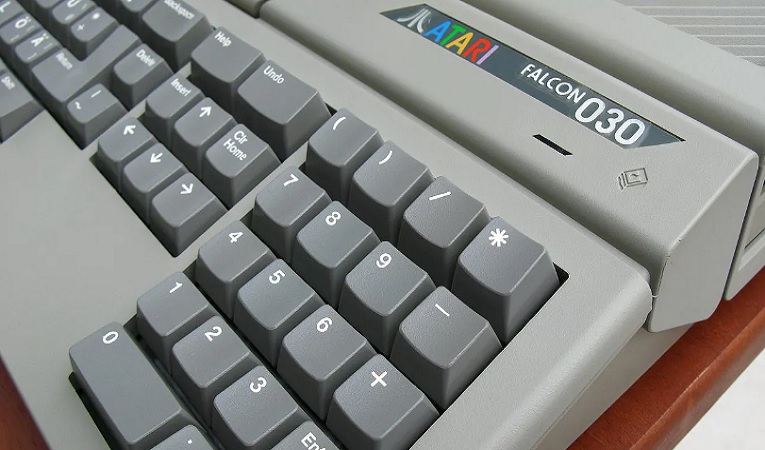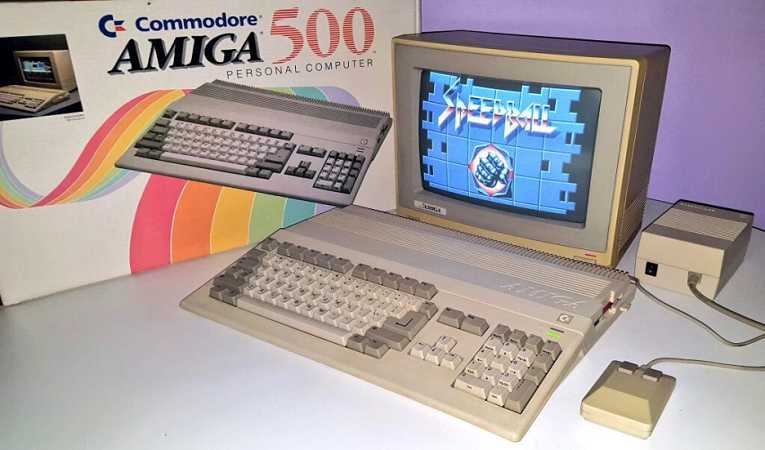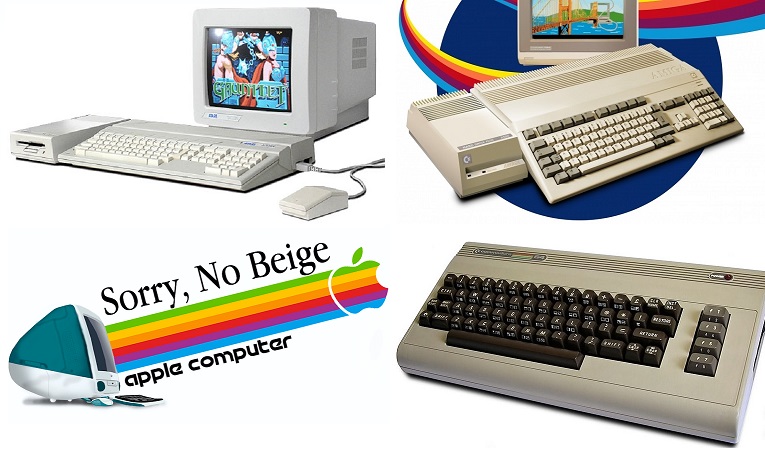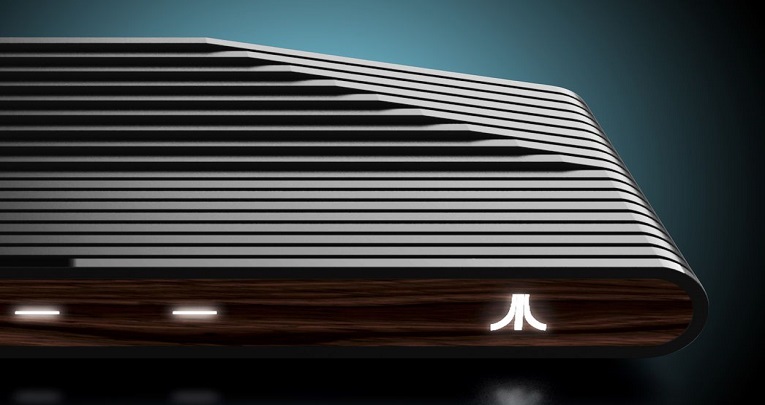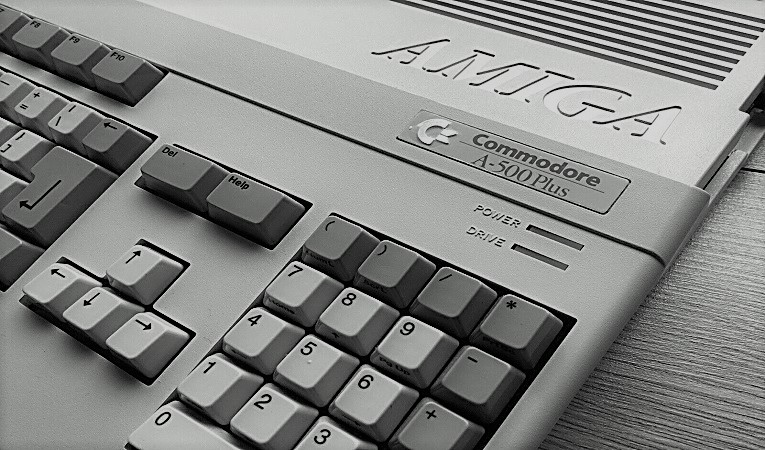
The story of Amiga’s acquisition by Commodore and the subsequent involvement of Atari is a fascinating tale of technological innovation, corporate strategies, and industry turmoil. We will explore the acquisition of Amiga by Commodore, detailing the circumstances and the price paid for the groundbreaking technology, and delve into how Atari, a rival company, got involved in the Amiga saga, and how this convergence of two iconic companies shaped the future of the computing and gaming industries. In 1982, a group of talented engineers and developers founded Amiga Corporation in Los Gatos, California. They set out to create a cutting-edge computer system that would surpass the capabilities of existing platforms, such as the Apple Macintosh and IBM PC. Their vision was to develop a system that could handle advanced multimedia, powerful graphics, and multitasking – all at an affordable price. Despite Amiga’s groundbreaking technology, the company faced financial challenges during its early development. In 1984, Amiga Corporation’s financial difficulties attracted the attention of Commodore International, a well-established player in the personal computer market. In June 1984, Commodore acquired Amiga Corporation for approximately $27 million. The deal included ownership of Amiga’s innovative technology, patents, and intellectual property rights. Commodore saw the acquisition as an opportunity to enhance its position in the personal computer market and compete more effectively with rivals like Apple and IBM. However, Atari, also expressed interest in acquiring Amiga Corporation. The company was seeking to expand its product lineup and compete in the growing home computer market. Atari contested the acquisition deal between Amiga Corporation and Commodore, claiming that it had prior agreements with Amiga for the purchase of its technology. This led to a legal battle that lasted for several months and caused uncertainty in the industry about the future of Amiga’s technology. In 1985, Commodore and Atari reached a settlement, and Atari withdrew its legal claims against Amiga Corporation. As part of the settlement, Atari received a monetary compensation of approximately $13 million from Amiga, effectively ending Atari’s involvement in the Amiga saga.
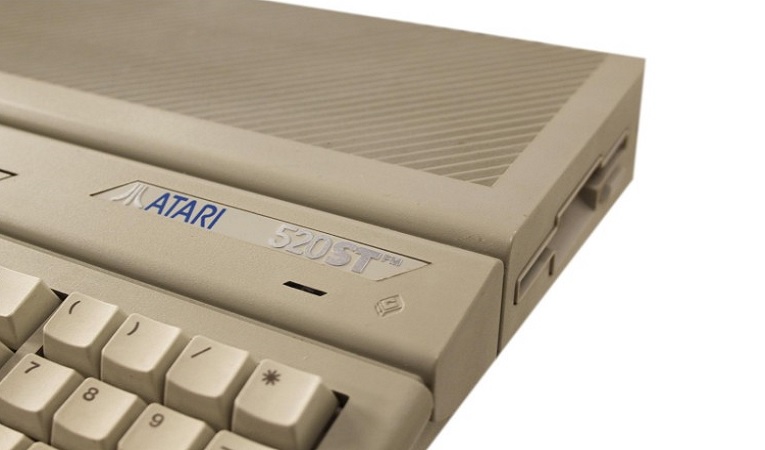
But what if Atari had won the bid for Amiga instead of Commodore, the computing and gaming industries would have experienced significant changes, altering the trajectory of both companies and the technology landscape as a whole. Let’s explore some potential scenarios and outcomes if Atari had successfully acquired Amiga. With the acquisition of Amiga’s technology, Atari would have significantly bolstered its computer lineup. The incorporation of Amiga’s advanced multimedia capabilities and powerful graphics would have given Atari a competitive edge in the home computer market, allowing them to offer cutting-edge machines for gaming, multimedia, and professional applications. Atari’s gaming legacy combined with Amiga’s gaming potential would have created a formidable synergy. The Amiga’s capabilities, such as smooth scrolling, detailed graphics, and immersive sound, would have complemented Atari’s expertise in gaming, resulting in a lineup of powerful gaming computers and consoles. This synergy might have positioned Atari as a major player in the ICT industry. The success of the ‘super Atari’ could have reshaped the competitive landscape of the computing and gaming industries. The combined strengths of both companies might have posed a more significant challenge to competitors like Apple, IBM, Nintendo, and Sega, potentially altering market dynamics and consumer preferences. The combined resources and talent of Atari and Amiga might have driven further technological advancements. This could have accelerated the development of multimedia applications, graphical user interfaces, and networking capabilities, potentially influencing the evolution of personal computing and home entertainment. Atari’s successful bid for Amiga could have affected other players in the industry. Competitors might have responded by forging new partnerships, exploring other acquisition opportunities, or intensifying their research and development efforts to stay competitive. While the scenario of Atari winning the bid for Amiga is purely speculative, it is evident that such an outcome would have had a profound impact on both companies and the broader computing and gaming industries. The combination of Atari’s gaming expertise and Amiga’s advanced technology could have resulted in a powerful and influential force, potentially altering the course of technological innovation and shaping the gaming of industry experiences of generations to come. However, as history unfolded, Commodore emerged as the victor in the bid, and the legacy of the Amiga remains closely associated with their name.







